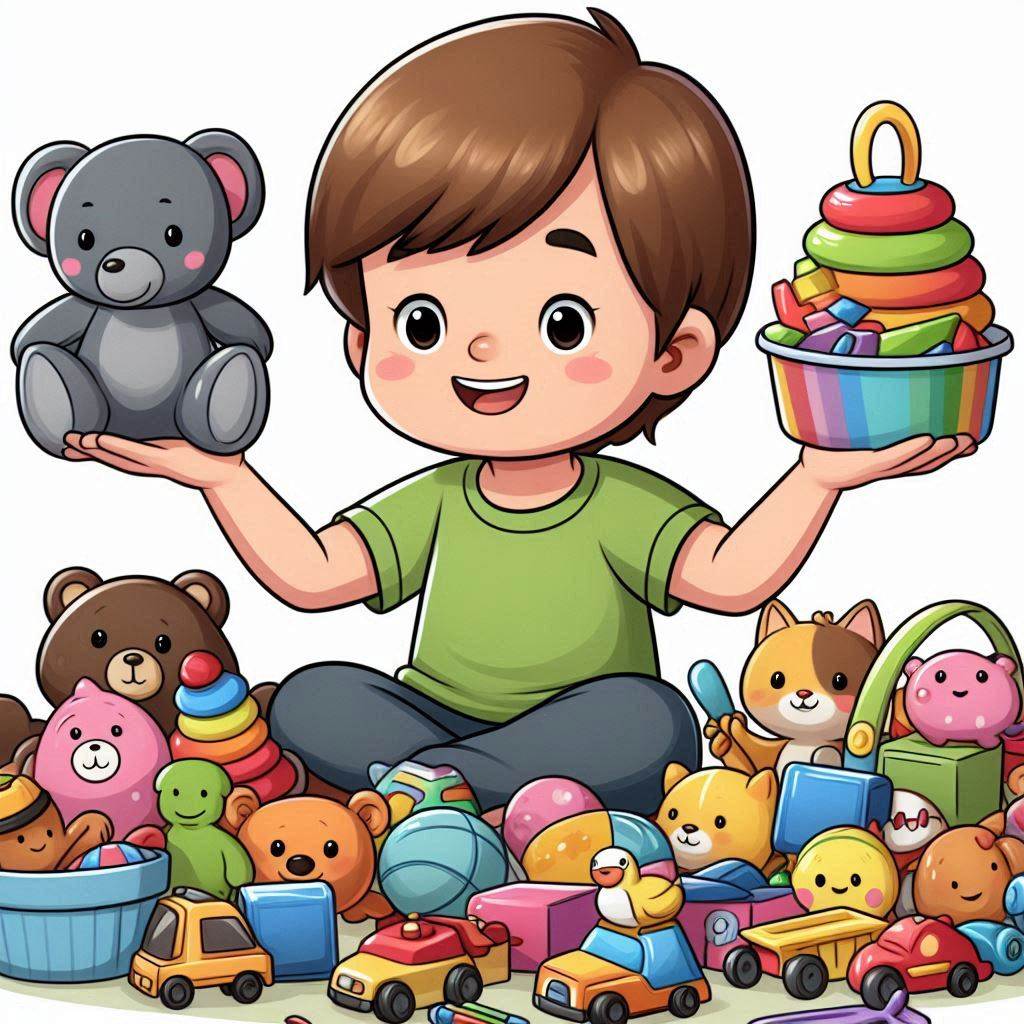Top Educational Games to Encourage Learning Through Play
Introducing educational games to children is a wonderful way to make learning exciting and engaging. Games that focus on key areas like counting, pattern recognition, and vocabulary building help children build important skills while having fun. Here’s a list of age-appropriate games that encourage educational growth through play.
1. Counting Caterpillars
- Best For: Ages 3–5
- Skills Developed: Counting and color recognition
- Why It’s Fun: Children love the colorful caterpillars and learn counting by matching the numbered segments. This game promotes number recognition in a visually stimulating way.
2. Pattern Play Mosaic Puzzle
- Best For: Ages 4–6
- Skills Developed: Pattern recognition, spatial reasoning, and creativity
- Why It’s Fun: Kids create colorful patterns using geometric shapes, learning about symmetry and spatial awareness. This game encourages logical thinking and planning as children experiment with designs.
3. Boggle Junior
- Best For: Ages 4–7
- Skills Developed: Vocabulary building, letter recognition, and early spelling
- Why It’s Fun: With large, easy-to-handle letter cubes, this game introduces children to word recognition and spelling. It combines visual cues with language development in a fun, tactile way.
4. Rush: A Logic Game
- Best For: Ages 5–8
- Skills Developed: Problem-solving, critical thinking, and logic
- Why It’s Fun: This traffic jam game challenges kids to move cars around to solve puzzles. It’s great for teaching sequencing and patience, with various levels to keep kids engaged as they grow.
5. Sum Swamp
- Best For: Ages 5–7
- Skills Developed: Basic addition and subtraction
- Why It’s Fun: Sum Swamp’s engaging swamp-themed board introduces basic math skills through play. Kids roll dice to navigate through the swamp, practicing math in an enjoyable and competitive way.
6. Animal Bingo
- Best For: Ages 3–6
- Skills Developed: Animal recognition, memory, and matching skills
- Why It’s Fun: Animal Bingo is an easy way for younger kids to learn about different animals and improve their memory. It’s also a fun game for families to play together, building social skills and teamwork.
7. Scrabble Junior
- Best For: Ages 6–10
- Skills Developed: Vocabulary, spelling, and strategy
- Why It’s Fun: Scrabble Junior has a kid-friendly board, introducing young children to vocabulary building and word formation. The simplified rules make it accessible, while still challenging children to think strategically.
8. DoodleMaths
- Best For: Ages 5–11 (App-based)
- Skills Developed: Math skills, critical thinking, and problem-solving
- Why It’s Fun: This app-based game adjusts to each child’s level, offering math challenges tailored to their progress. The interactive format and rewards system make math fun and approachable.
9. The Brainy Band’s Speedy Cups
- Best For: Ages 6–10
- Skills Developed: Pattern recognition, hand-eye coordination, and reflexes
- Why It’s Fun: This fast-paced game has kids stacking cups in specific patterns. It’s a great way to develop quick thinking and visual processing, all while competing in a playful environment.
10. Chess for Kids
- Best For: Ages 6–12
- Skills Developed: Strategy, planning, and concentration
- Why It’s Fun: Chess is a classic game that fosters critical thinking and patience. Kid-friendly chess sets introduce children to the game’s basics, while online chess apps also make it interactive and accessible.
Why Educational Games Are Beneficial
Educational games are powerful tools for learning because they transform abstract concepts into engaging challenges. When kids have fun with educational games, they’re more likely to retain information and build confidence in their skills. Through regular play, children can develop essential cognitive and social abilities that serve them well in school and beyond. Incorporating these games into your child’s routine can provide valuable learning experiences that feel more like play than work.
Encourage a variety of games to build diverse skills, and don’t hesitate to join in! Playing together can also strengthen family bonds and create shared learning moments.
Happy playing and learning!




I admire how this blog promotes kindness and compassion towards ourselves and others We could all use a little more of that in our lives
I appreciate how this blog promotes self-growth and personal development It’s important to continuously strive to become the best version of ourselves
Your blog post was really enjoyable to read, and I appreciate the effort you put into creating such great content. Keep up the great work!